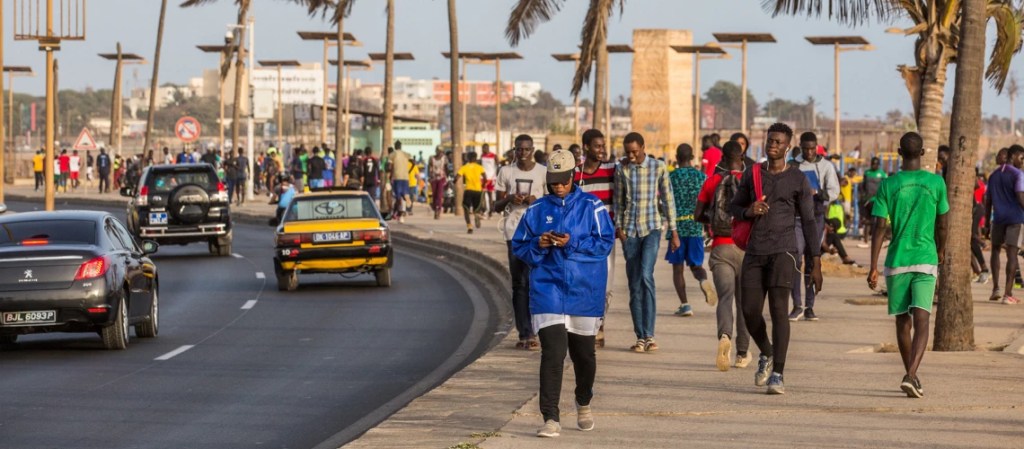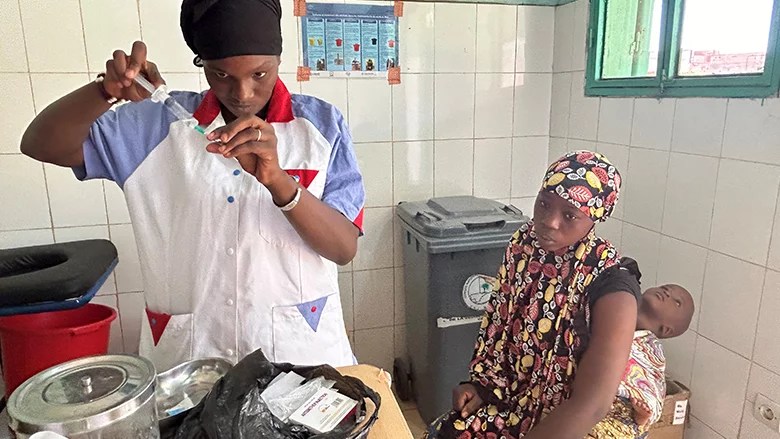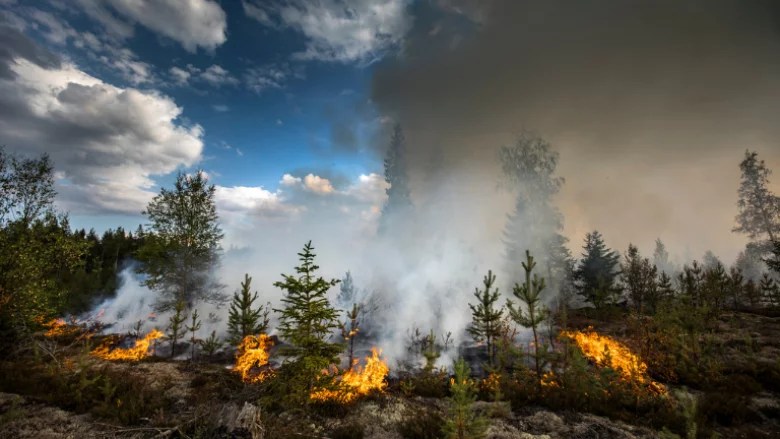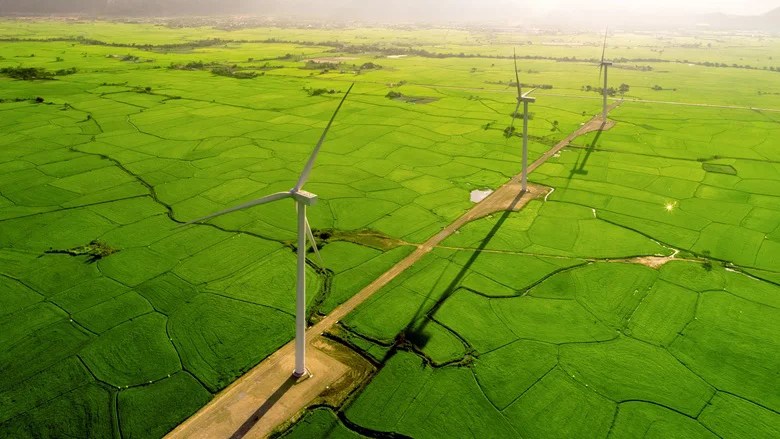Tourism generates 10 percent of global GDP and supports 1 in 10 jobs worldwide. Because of this, it’s a key sector of interest for the World Bank Group.
A new World Bank report, Lessons Learned from a Decade of World Bank Experience, examines what works—and what doesn’t in the design of tourism projects. The findings point to six key ingredients that help tourism projects deliver real development impact on the ground.
Continue reading






